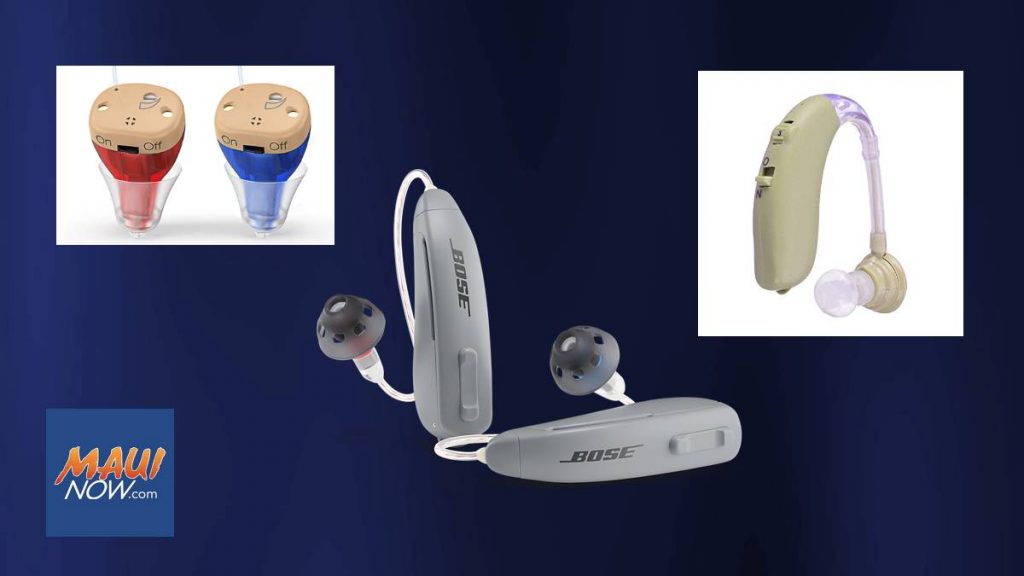Hawaiʻi Attorney General urges FDA to preserve state protections of over-the-counter hearing aids

Hawai‘i Attorney General Holly T. Shikada joined a bipartisan coalition of 42 states and territories urging the US Food and Drug Administration to preserve state authority to enforce their consumer protection laws in connection to the sale of over-the-counter hearing aids.
In 2017, the federal Over-the-Counter Hearing Aid Act was passed by Congress. As part of the process for this law, the FDA in October formerly proposed a rule to establish a new class of hearing aids for adults with perceived mild-to-moderate hearing loss that would be regulated by the FDA and could be sold directly to consumers without a medical exam or a fitting by an audiologist. (Hearing aids for severe hearing loss or for people under 18 would remain prescription devices).
Currently, all 50 states have hearing professional licensing requirements and many have important protections for hearing aid consumers, including mandatory warranties and return policies, and advertising restrictions. The attorneys general caution that rules currently under review by the FDA may unintentionally hinder or repeal those important consumer protection authorities, undermining states’ abilities to ensure safe and affordable access to hearing aids.
In a letter to the FDA about this matter, the attorneys general urge the agency to not preempt critical state consumer protections.
“While the FDA’s proposed rule offers consumers much needed relief in the form of more affordable and accessible hearing aids, it could have unintended negative consequences on our constituents,” the comment letter states. “The proposed rule includes broad language that could be interpreted to repeal virtually all the state-requested exemptions from preemption issued by the FDA since 1980 – even those related exclusively to non-OTC hearing aids. Such language could create unneeded confusion and the potential for unnecessary litigation.”
Attorney General Shikada said: “Although we support more affordable and accessible options for hearing aids, it shouldn’t be at the expense of the public’s safety and well-being. It is key to maintain the State’s ability to regulate hearing professional licensing requirements, so the people of Hawai‘i have important protections for its hearing aid consumers.”
The attorneys general further urge the FDA to strengthen age verification processes to protect children under 18 and make it clear OTC hearing aids are appropriate only for those with mild to moderate hearing loss.
“Additionally, we are concerned with the inadequate age verification processes mandated and deficient labeling requirements,” the attorneys general state. “Without these proper guardrails to protect consumers’ health, OTC hearing aids could result in hearing loss or other consumer harm.”
The comment letter was led by Connecticut Attorney General William Tong and Ohio Attorney General Dave Yost, and joined by Attorney General Shikada and the attorneys general of Arizona, Arkansas, Colorado, Delaware, Florida, Georgia, Guam, Illinois, Indiana, Iowa, Kansas, Kentucky, Louisiana, Maine, Maryland, Massachusetts, Michigan, Minnesota, Mississippi, Montana, Nebraska, Nevada, New Hampshire, New Jersey, New Mexico, New York, North Carolina, Oklahoma, Oregon, Pennsylvania, Rhode Island, South Carolina, South Dakota, Texas, Utah, Vermont, Virginia, West Virginia and Wisconsin.
Click here to access the letter.









